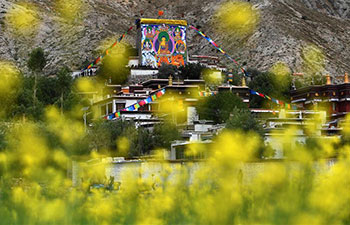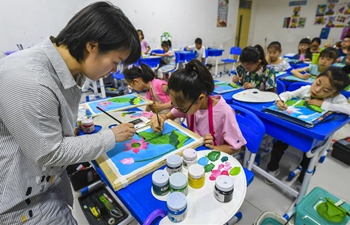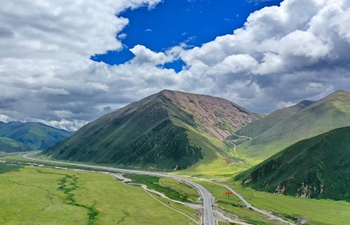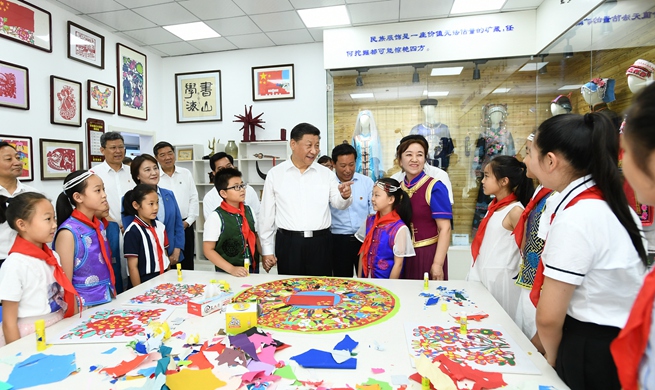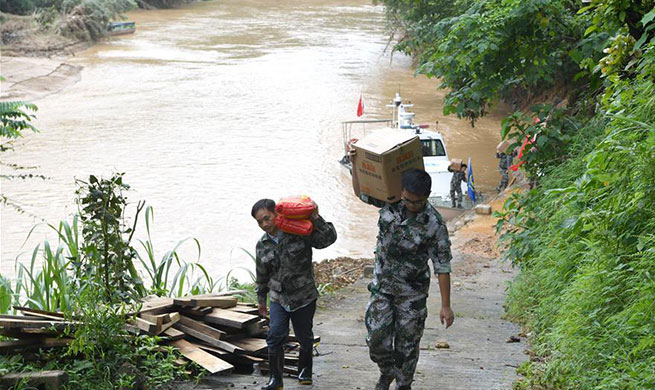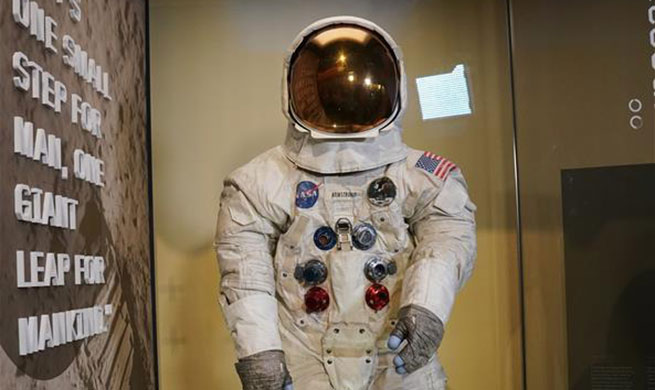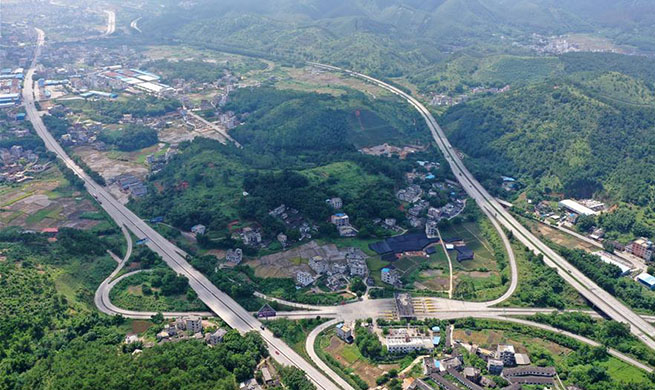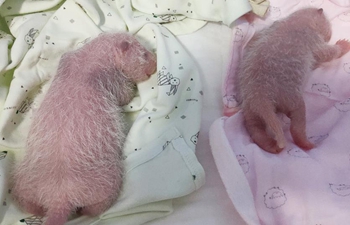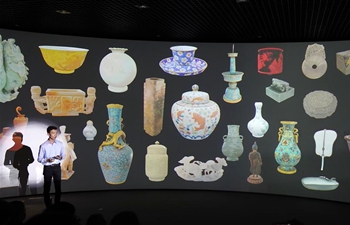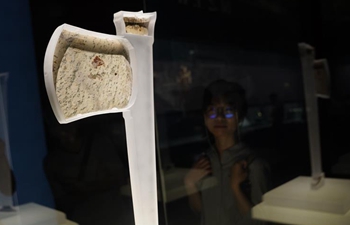URUMQI, July 17 (Xinhua) -- Ayimguli Tayir's job requires her to spend far more time walking than she has to sit down with a patient for diagnosis.
Tayir, 46, works as a doctor in Pile village, Maryang Township in Taxkorgan County, an ethnic county in Xinjiang Uygur Autonomous Region.
Roughly 500 people live in her village. For the past 21 years, she has made difficult journeys on the plateau to perform her duties. Maryang Township encompasses a vast area across steep mountains. Tayir's village is 50 km from the seat of the town.
There are no proper roads along the route, and Tayir has to make the journey along the riverside and on winding mountain paths. It can take her as many as five days to complete the journey.
"Sometimes I have to sleep in the open air," she said. Having walked for countless hours through the mountains, Tayir suffers from severe ankle pain.
Tayir took over the job from her mother in 1998 after obtaining a medical degree. "If I don't do it, nobody else will. No doctors from the outside will come," she said.
"When I was young, I had to go to the township twice every month to get the medicine I needed," she said. Now her colleague Alibiyat, 23, picks up the medical supplies. A road is under construction to link their village and the township. Both of the doctors are eager to see the early completion of the road.
Most of the villagers still live under the poverty line of 2,300 yuan (334 U.S. dollars) per capita every year. They subsist through growing barley, raising sheep and yaks.
The folks here are accustomed to nomadism, so it is still difficult to locate them when they need help, she said.
In past years, Tayir carried her medicine box and made deliveries to villagers. Now, chronic shoulder and ankle pain prevent her from making too many house calls.
Alibiyat runs most of the errands, while she performs ultrasounds and monitors cardiovascular activities for patients.
But during the seasonal health campaigns, she still visits herders with colleagues to deliver medical kits, screen for tuberculosis, give suggestions on the health of newborns and babies and follow up on patients who suffer from chronic diseases.
These medical services are part of the poverty relief package targeting impoverished families.
"The harsh days are over with everything being improved. Pregnant women now deliver babies in the county hospital because it is safer there. Things have gotten much better," she said.




